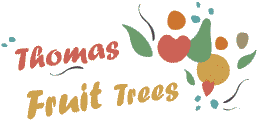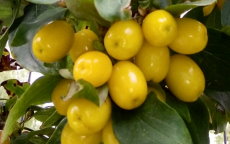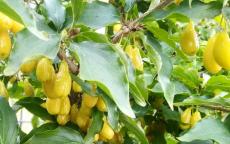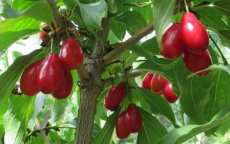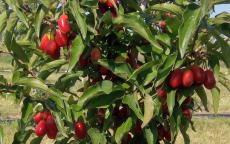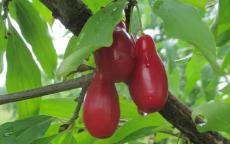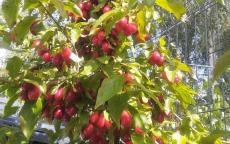Cornelian cherry trees
Jantarnyj
Jantarnyj is a mid-season yellow Cornelian cherry with a sweet juicy flavour.- Picking season: Mid
- Fruit colour: Yellow
Starokijewskij
Starokijewskij is a dark red September-ripening Cornelian cherry.36.25€buy- Picking season: Mid
- Fruit colour: Red - dark
